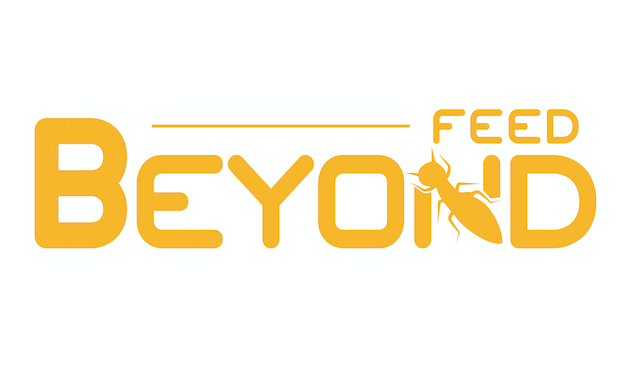Aquaculture, the farming of fish and other aquatic organisms, benefits greatly from the inclusion of insect protein in feed formulations. Insects like mealworms and BSF larvae provide essential nutrients that promote healthy growth and improve feed conversion rates.
High Protein Content: Mealworms and BSF larvae offer a high protein content, essential for the rapid growth and health of fish. This protein is easily digestible and comparable to traditional fish meal. Research shows that insect protein can improve the growth performance and health of aquaculture species, reducing mortality rates (Henry et al. 2015).
Sustainable Feed Source: Using insect protein reduces reliance on overfished marine resources, contributing to more sustainable aquaculture practices. Studies have indicated that replacing fish meal with insect protein can reduce the environmental impact of aquaculture by lowering the demand for wild-caught fish (van Huis 2013).
Fatty Acid Profile: BSF larvae are rich in essential fatty acids such as lauric acid, which have antimicrobial properties and support fish health. These fatty acids can enhance the immune system of fish, leading to better overall health and reduced disease incidence (Lock et al. 2015).
Incorporating BeyondFeed™'s insect protein into aquaculture diets can improve fish health, support sustainable practices, and ensure high-quality seafood production.
References:
- Henry, M., et al. "Insect Meals in Fish Nutrition." Animal Frontiers 5, no. 2 (2015): 58-65.
- van Huis, A. "Potential of Insects as Food and Feed in Assuring Food Security." Annual Review of Entomology 58 (2013): 563-583.
- Lock, E. R., et al. "Lauric Acid-Rich Insect Larvae Meal in Diets for Atlantic Salmon (Salmo salar)—Effects on Nutrient Digestibility and Immune Response." Aquaculture Nutrition 21, no. 2 (2015): 354-363.

